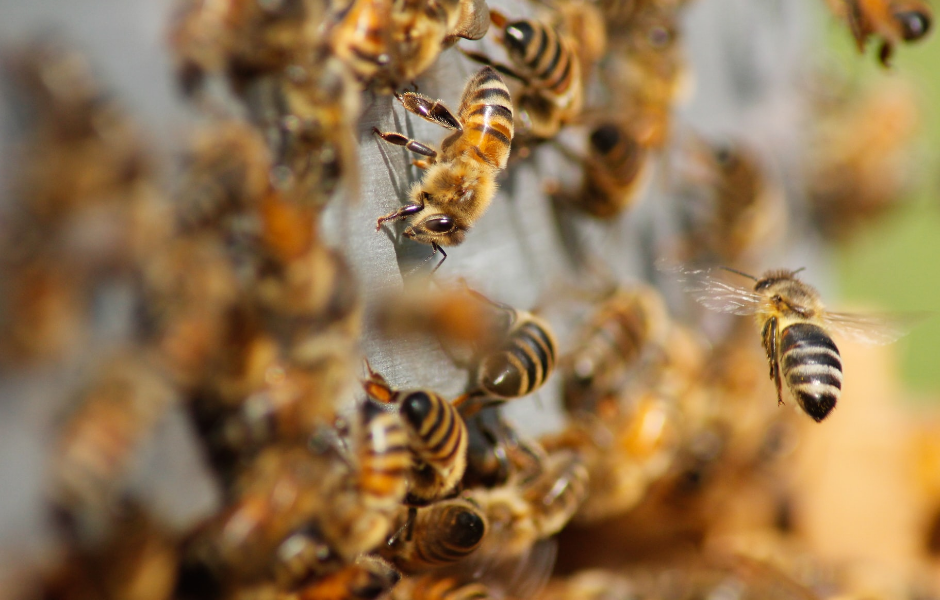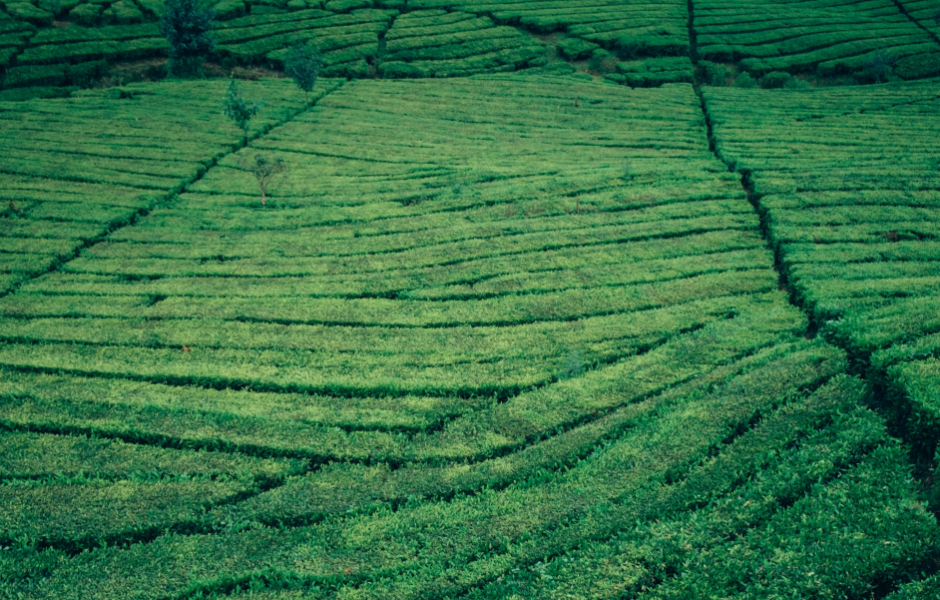A ground-breaking new study has found that coffee beans grow larger and in grater numbers when birds and bees cooperate to protect and pollinate coffee plants. Without the winged pair, it’s suggested that coffee farmers would lose up to 25% of crop yields, which equates to approximately £812 per hectare of coffee.
With the demand for coffee higher than ever, approximately 166.63 million 60 kilogram bags were consumed in 2021. This $26 billion coffee industry rely heavily on nature’s unpaid labour for coffee to be consumed by people every year.
With a new study from PNAS (Proceedings of the National Academy of Sciences) demonstrating real-world experiments across 30 coffee farms, that nature’s contributions – in this case, bee pollination and bird pest control were greater when combined.

“Our field experiments revealed that birds and bees interact positively (i.e., synergistically) increasing coffee production. Their combined effects are larger than their individual contributions. This is true, in part, because they affect different fruit parameters that relate to yield.”
“Until now, researchers generally calculated the benefits of nature separately and then simply added them up,” said Alejandra Martinez-Salinas, who led the study “But nature is an interactive system, full of important synergies and trade-offs. We showed the ecological and economic importance of these interactions, in one of the first experiments on realistic scales on real farms,”.
Within this experiment, the researchers used a combination of large nets and small lace bags to test four scenarios and the impact of such scenarios on crop yield. The scenarios were as follows: environment of only bird activity, environment of only bee activity, environment devoid of both bird and bee activity and an environment where both bees and birds were allowed to interfere ‘naturally’. The researchers studied the effect these environments had on fruit yield and weight.
Dr Natalia Aristizabal, a PhD candidate at the Gund Institute for the Environment of the UVM stated: “An important reason we measure these contributions is to help protect and conserve the many species we depend on, and that sometimes we take it for granted. Birds, bees, and millions of other species sustain our lives and livelihoods, but they face threats such as habitat destruction and climate change.”
The birds that were most beneficial to removing coffee plant pests in Costa Rica were found to have migrated from Canada and the United States. The researchers now hope to study how changing agricultural landscapes affect the ability of birds and bees to provide benefits to coffee production.

With the coffee industry struggling to keep up with current consumer demand and the near threat of climate change and leaf rust, discovering ways to boost yields from existing plantations is the answer to preventing coffee scarcity.
This recent study came shortly after scientists discovered a ‘forgotten’ African species of coffee growing at higher temperatures – Coffea Stenophylla from Sierra Leone. This species can not only cope with the rising temperature of its climate, but also has a unique flavour. Described as a mix between peach, blackcurrant, tangerine, chocolate, caramel, and elderflower syrup. This coffee species tastes like a ‘high-end Arabica’.
With this discovery, alongside the birds and bees research, we could see adaptive species such as Coffea Stenophylla become the norm during climate change.



